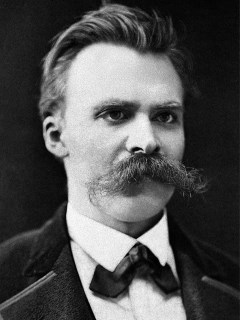

Evolutionary theory and philosophical Darwinism
pp. 53-68
in: Aldo Fasolo (ed), The theory of evolution and its impact, Berlin, Springer, 2012Abstract
After the early reactions of the scientific community to Origin of the species, Darwin's hypothesis was widely discussed by a growing number of professional historians and philosophers as well. This paper provides a short survey of historical research into the pre-Darwinian scenery of biological transformist intuitions of the so-called "forerunners". This is an essential link to the following outline devoted to the divergent views of five relevant philosophical interpreters of the evolutionary theory: Spencer, Huxley, Haeckel, Nietzsche and Bergson. The intricacies of the Darwin-Spencer relationship are a necessary prelude to Huxley's well-known Darwinian orthodoxy. In a way, Spencer's monistic metaphysics was a no man's land for friends and foes of Darwin's Darwinism. Haeckel, naturalist and philosopher, translated Evolution into a systematic speculative Weltanschauung, while Nietzsche was first influenced by Darwinism and Spencerism and later rejected both. His Uebermensch myth was accompanied by an attempt to develop a biological-speculative basis for psychology. Bergson's general critique of the experimental method and of the system of Spencer introduced his reinterpretation of evolution as a creative élan vital exclusively known through the inner perceptions of time, self-consciousness and intuition.





